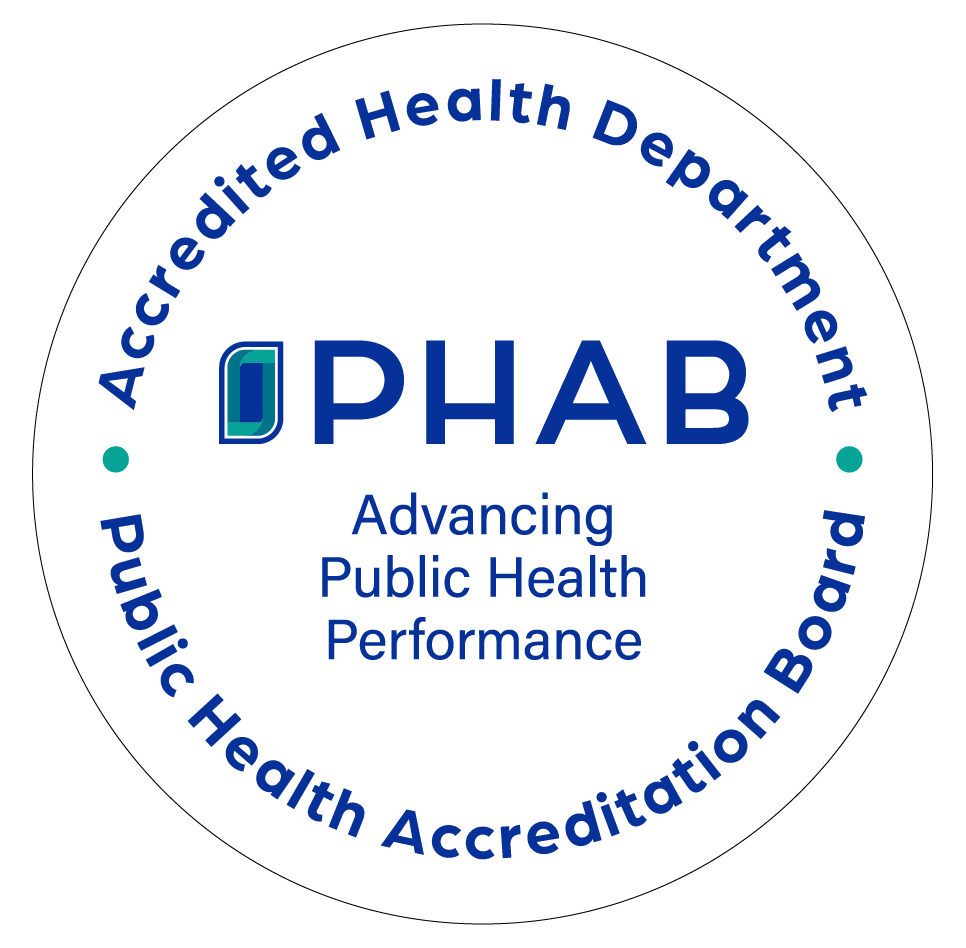Suicide and Overdose Fatality Review
Suicide and Overdose Fatality Review (SOFR) teams work to prevent future suicide and overdose deaths by conducting a series of confidential case reviews, determining contributing risk factors and circumstances, identifying opportunities for system improvement, and recommending policies, practices, and programs for prevention.
About SOFR
SOFR teams are county-led, with support from the state available as needed. By keeping SOFR local, case reviews can lead to community-informed recommendations. Teams have a variety of members from healthcare, public safety, mental and behavioral health, social services, education, and other agencies that share and evaluate information.
SOFR is not a peer review process or an opportunity to second guess agency policy or practice. SOFR is about coming together as community leaders to determine where there were missed opportunities for prevention/intervention, and how, across all agencies, practices/procedures can be improved to prevent future deaths by suicide or overdose.
SOFR teams develop and implement recommendations based on data from the case reviews. When a trend is found, teams go through the following steps: (1) Describe the problem and its context, (2) Identify key risk factors and protective factors, (3) Choose short and long-term goals, (4) Select or develop interventions, (5) Plan the evaluation, (6) Implement, evaluate and improve.
Goals
- Identify missed opportunities for prevention and gaps in the system
- Build working relationships between local stakeholders on suicide and overdose prevention
- Recommend policies, programs and legislation to prevent future suicide and overdose deaths
- Implement data-driven prevention and intervention activities
Guiding Principles
Each SOFR meeting is conducted in accordance with the following principles:
- The ultimate goal of the SOFR team is to reduce deaths due to overdose and suicide
- Overdose and suicide deaths are preventable
- Substance use is a chronic, treatable disease
- Use of multi-sector data will inform response strategies
- Continually evaluate and improve SOFR processes
- Use of person-first language to create an environment of dignity and hope
- Respect for all
Indiana legislation (IC 16-49.5) was enacted in 2020 to allow for the creation of SOFR teams and data sharing. The law requires that all relevant reports (i.e. behavioral health reports) be made available to local SOFR teams and that any reports that are acquired or produced by a SOFR team are not subject to subpoena/discovery or admissible as evidence in any administrative or judicial proceeding.
In Indiana, program staff at the Indiana Department of Health work with local counties to establish and maintain SOFR teams and provide technical assistance. There are more than 20 counties in Indiana with active SOFR teams.
In 2018, the Indiana Department of Health collaborated with the IU Fairbanks School of Public Health to conduct research on the effectiveness of opioid overdose fatality review in Indiana. The original pilot study consisted of four counties. Since 2018, SOFR teams have expanded to more than 20 counties across Indiana and have already developed successful prevention initiatives.
Hamilton County
The team improved resources around grief support, increased their knowledge regarding local mental health services, and created a workgroup to implement Handle with Care— a program that assists with crisis intervention and behavior management training.
Lake, LaPorte, and Porter Counties
Team members identified a trend that individuals had visited a dental provider near the time of their passing and assisted in training local dental providers on substance abuse risk screenings.
Tippecanoe County
The team updated their community resource guide and increased access to Naloxboxes- heavy-duty boxes containing Naloxone and breathing masks that help prevent overdose deaths.
Interested in starting a team in your county? Please contact Jessica Morse at jmorse@health.in.gov.
Resources
- Person-first Language
Person-first language is a way of speaking that places personhood before any other label, with the idea that a person is not solely defined by any of their personal or professional traits, challenges, or limitations. Putting the person first when describing someone can positively influence the images and impressions we form about them. Using person-first language also helps create an environment of dignity, hope, and respect for all.
Fatality review teams across Indiana use person-first language not only to show respect for an individual and those close to her but to stay focused on strategies for injury and fatality prevention as well.
- Coroner's Suicide Investigation Form
Coroner Suicide Investigation Form:
As a part of the Suicide Learning Collaborative’s Indiana Suicide Prevention Resources Toolkit, a Coroner suicide investigation form was created. This form is based on a form from Colorado to capture risk factors and circumstance data in suspected or known cases of suicide, as well as general mortality information to be used in prevention efforts. This form is not to determine possible negligence or accountability.
For a quicker version of the full form, there is a supplementary two-page form for both adult and youth deaths. These forms eliminate the demographic information that may be captured in other forms and can be used as supplementary suicide investigation tools with a regular death investigation form.
- Overdose Fatality Review Guide

